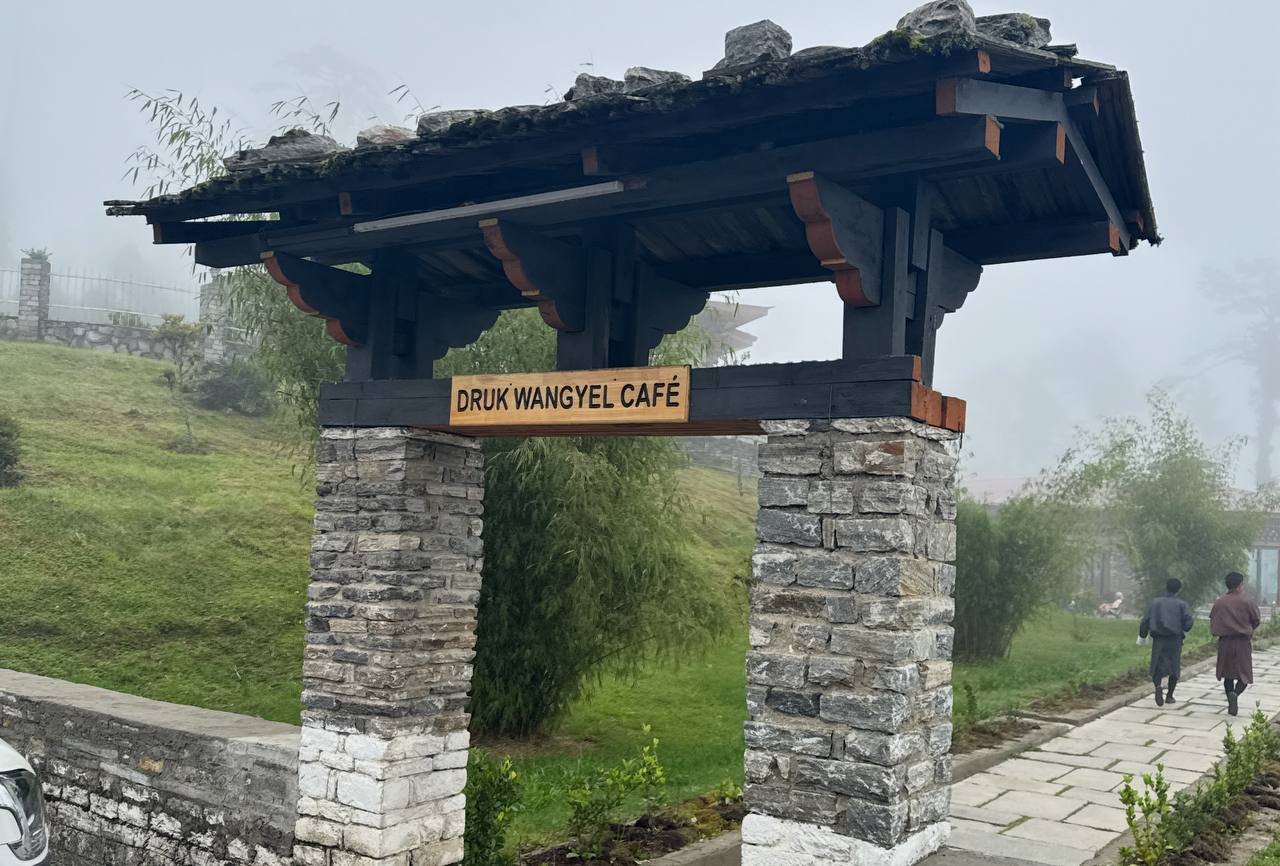The Kingdom of Bhutan is integrating cryptocurrency payments into its tourism infrastructure in a bid to modernize its economy and attract younger, tech-savvy travelers.
In a panel discussion during Binance’s Crypto-Powered Tour in Bhutan, Damcho Rinzin, the director of Bhutan’s Department of Tourism, told the audience that the country’s tourism sector has long struggled because of the country’s payment infrastructure.
On May 7, Binance Pay partnered with local bank DK Bank to let users pay for their expenses in Bhutan using crypto. During the panel discussion, DK Bank president Ugyen Tenzin said almost 1,000 merchants nationwide have been onboarded to accept the payment method.
Rinzin said feedback from tourists had described the bank wire transfers they had used in Bhutan as “a thing of the past.” By integrating crypto, he said the country could become more accessible to modern travelers and eliminate friction in its payment infrastructure.
Accepting crypto payments sends a “welcoming” message
In addition to convenience, Rinzin sees crypto as a branding opportunity for the Himalayan kingdom. “This sends a very strong message that Bhutan is very welcoming,” he said.
He added that welcoming crypto means being open to a different kind of tourist. Rinzin said opening the doors to crypto signals openness to young, forward-looking visitors who align with the kingdom’s sustainable and mindful tourism vision.
Rinzin also shared the modest goal of attracting 300,000 users annually. He said DK Bank’s integration with Binance Pay should help the tourism sector, as attracting a portion of the crypto exchange’s millions of users to visit would boost the local economy.
He also compared crypto payment fees with traditional banking systems. Rinzin said the near-instant payments and lower fees for using crypto are more efficient than existing payment systems in Bhutan.
“Digital inclusion is going to do wonders for people not only in the tourism industry in Bhutan,” he said, adding that it would also help people in other industries.

Crypto aligns with Bhutan’s evolving identity
In a roundtable discussion with the media during the tour, Carissa Nimah, chief marketing officer of Bhutan’s Department of Tourism, expressed similar sentiments. Nimah described Bhutan as “traditional and authentic,” while also being “focused and visionary.”
She said the move to accept crypto aligns with the kingdom’s evolving identity. “This partnership opens up Bhutan to a new category of traveler, people who want to explore the world using crypto payments.”
With major projects like the Gelephu Mindfulness City underway, crypto integration is seen as a part of a broader vision in Bhutan. “I think this would play a very large part in the Gelephu Mindfulness City,” Nimah told the media.

Despite the Tourism Department’s crypto push, adoption remains a work in progress. Several local merchants onboarded into the program told Cointelegraph that they have yet to see many customers using the payment option.
A local tour guide also told Cointelegraph that he would not recommend a purely crypto approach when visiting Bhutan. The guide said that a combination of crypto, cash and credit cards was still the best way to get around.
Magazine: Chinese Tether laundromat, Bhutan enjoys recent Bitcoin boost: Asia Express


